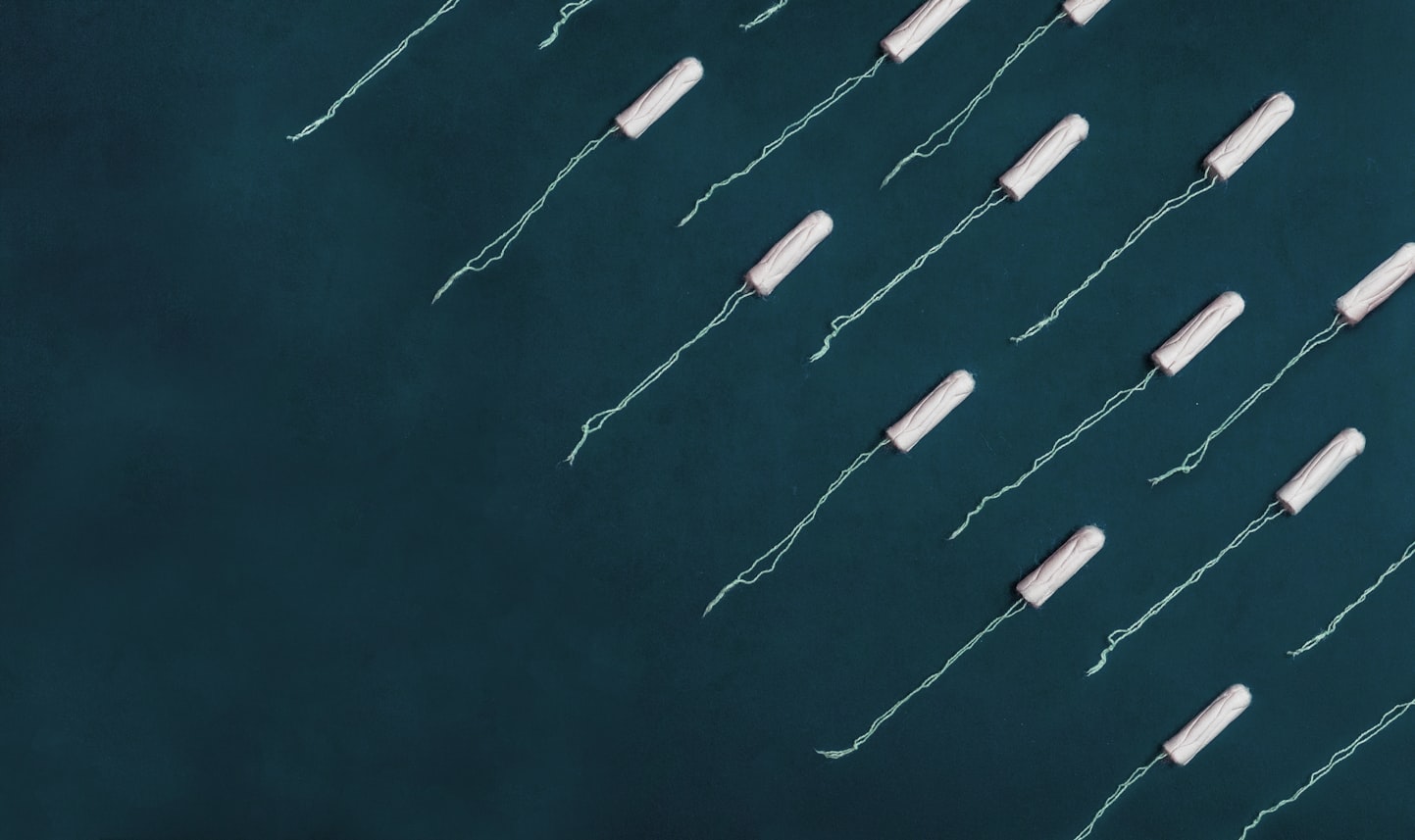Women-led governmental progress toward ending period poverty is happening, finally. Yet, the US federal legislation still lags so far behind these human rights efforts, regardless of the valiant progress by countless charities, non-profits, and individuals.
On November 24, 2020, Scotland became the first country in the world to make period products free by law. The Period Products (Free Provision) (Scotland) Bill was brought forth by Monica Lennon, a fierce advocate for ending health disparities in her home country, and was unanimously approved. To summarize, the bill ensures anyone who needs menstruation products can get them for no cost, all educational institutions must have free period products in their restroom facilities, and, to top it off, the Scottish government now holds the power to enforce other public institutions to follow suit.
Starting the Real Research and Strategy-Building to End Period Poverty
The fight for ending period poverty is not a new, or US-specific one. However, the first report focused solely on this as a global issue, A Bloody Problem: Period Poverty, Why We Need to End it and How We Do It, was only released in 2020. This passion and need-driven integration of the Polish charity, The Kulczyk Foundation, and the global entrepreneur’s group, The Foundry, concentrates on researching and funding to end global barriers through philanthropic efforts. In this case, they’re making massive strides in the global period poverty battle.
The report itself is carefully crafted, touching on all areas of logistical access to menstruation health and hygiene products, funding, socioeconomic context, interpersonal issues, and biological connections affecting menstruation health, hygiene, and stigma.
The Harsh Realities of Period Poverty
It’s no secret economic hardship affects women on a deeper level, as childcare, birth control, menstruation care, and several other financially-bound life events bare down regularly. On average, women spend thousands on period-related products in their lifetime, oftentimes choosing between period products and other necessities. Two-thirds of low-income women and girls cannot pay for period products, according to a 2019 survey by the Obstetrics and Gynecology Journal. And yet, US federally regulated food stamp assistance does not cover menstruation products or care.
The alternatives to being able to buy these highly taxed, expensive products have direct consequences for employment, educational opportunities, and overall health and well-being. ‘These alternatives’ isn’t quite a fair description of the reality, as some impoverished women and girls use socks, cardboard, toy stuffing, and other extremely dangerous methods as replacements.
The Organizations Stepping Up on Period Poverty
Unacceptable isn’t a strong enough word and several non-profit organizations in the US are getting loud about ending period poverty. No More Secrets: Mind Body Spirit, Inc., I Support the Girls, and The Red Dot Campaign are just a few of them. They are, amongst their other education-based human rights efforts, consistently providing period products for low-income and homeless women and girls, even focusing specifically on the discrepancy in access for people of color (i.e. The #BlackGirlsBleed Campaign). Another revolutionary organization, The Desai Foundation, led by Megha Desai, after successfully implementing their Asani Sanitary Napkin Program in India, is aiming to make some changes in the US women’s prison system, where cost comes second to access. Speaking frankly about the lack of legal and policy support, as well as the social stigmas surrounding menstruation health, these aforementioned philanthropic efforts are doing the work that legal bodies should be.
The fact that only six states in the US provide free sanitary products is not enough. The more general, deeply ingrained nature of questioning and controlling women’s health issues harkens to the period poverty battle faced on a daily basis. This is a country where, although states removed the need for spousal consent for a hysterectomy decades ago, the Supreme Court still has yet to rule. Countless hospitals still refuse women’s autonomous decision to have the procedure.
The question then becomes one of agency, prioritization, and, frankly, how important to US legislatures are women’s menstruation care and well-being? How can the US government see monumental progress in other countries and still turn a blind eye? There are several answers to those questions. None are flattering.
The US laws needed for ending period poverty and ensuring proper menstruation health and hygiene are severely lacking. Of that, there is no debate. It seems to be the only true way forward is shameless education and spotlighting the reality, as demonstrated by these pioneering women.
Related:
A Bloody Problem: Dominika Kulczyk on Ending Period Poverty
MDRC Confirms: Grameen Loans Help Fight Poverty for U.S. Women


